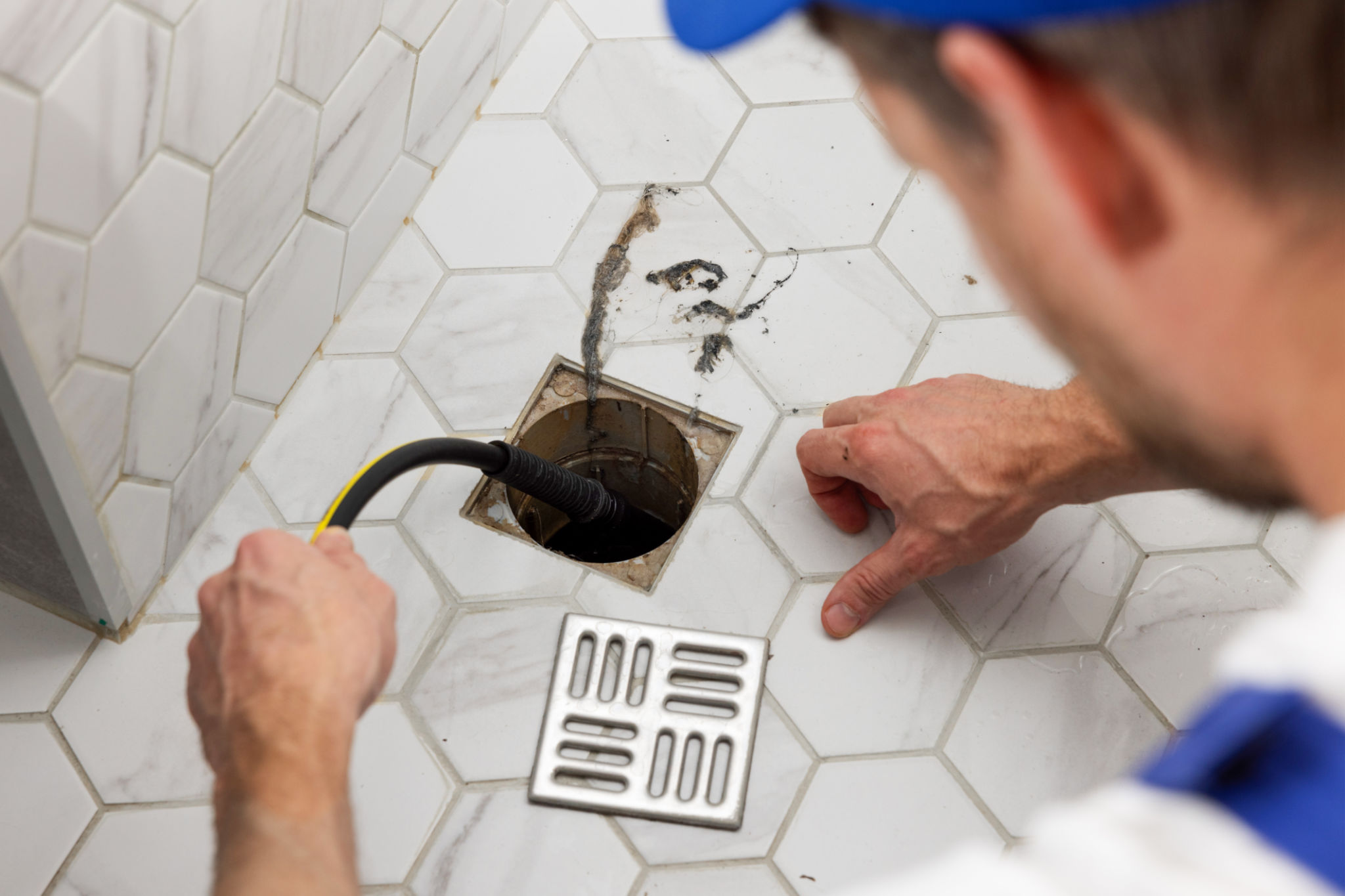The Ultimate Guide to Sewer Backup Prevention in CT Homes
Understanding Sewer Backup
Sewer backups can be a homeowner's worst nightmare, leading to unpleasant odors, potential health hazards, and costly repairs. Understanding what causes sewer backups is the first step in preventing them. Common causes include clogs from debris or tree roots infiltrating the pipes, aging infrastructure, and heavy rainfall overwhelming the system. Being aware of these factors can help you take proactive measures.

Regular Maintenance and Inspection
One of the most effective ways to prevent sewer backups is through regular maintenance and inspection of your plumbing system. Hiring a professional to inspect your pipes annually can help identify potential issues before they become major problems. During these inspections, professionals can clear any minor clogs and check for signs of wear or damage.
It's also crucial to maintain your drains by using enzyme-based cleaners that help break down organic materials without damaging your pipes. Avoid using chemical drain cleaners as they can corrode your plumbing over time.
Proper Disposal of Waste
Many sewer backups are caused by improper waste disposal. To keep your pipes clear, avoid flushing anything other than toilet paper and human waste. Items like wipes, feminine hygiene products, and even certain types of toilet paper can cause blockages.

In the kitchen, never pour grease or oil down the sink as they can solidify and create blockages in the pipes. Instead, dispose of them in a sealed container in the trash. Additionally, using a strainer in your sinks can help catch food particles and other debris.
Install a Backwater Valve
Installing a backwater valve is a practical solution to prevent sewer backups. These valves allow sewage to flow out of your home while preventing it from coming back in. This is particularly useful in areas prone to heavy rainfall or flooding.
Consult with a professional plumber to determine the best type of backwater valve for your home and have it installed correctly. Regular maintenance of this valve is also crucial to ensure its effectiveness.

Consider Landscape Positioning
The landscaping around your home can also influence sewer backup risks. Tree roots are known to invade sewer lines, causing significant blockages. When planting trees or large shrubs, consider their distance from your sewer lines, and opt for species with less aggressive root systems.
Additionally, ensure that the grading around your home directs water away from the foundation, reducing the risk of water seeping into the sewer system during heavy rains.
Stay Informed About Local Sewer Systems
Being informed about the condition of your local municipal sewer system can also be beneficial. Attend community meetings or contact local authorities to learn about any scheduled maintenance or upgrades that could impact your home.

Understanding your local system's capacity and limitations can help you make informed decisions about additional preventative measures you might need to take.
Conclusion
Preventing sewer backups in your Connecticut home requires a combination of regular maintenance, proper waste disposal, and strategic home improvements. By implementing these measures, you can protect your home from the inconvenience and expense of sewer backups. Stay proactive, and you'll enjoy peace of mind knowing your plumbing system is in top condition.
